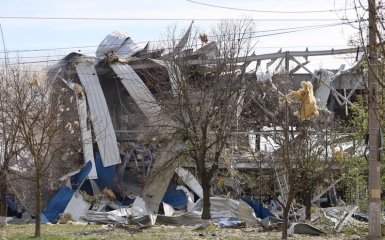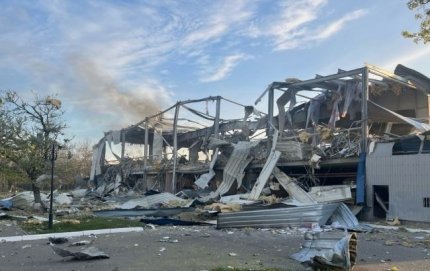According to RosZMI, most companies in the aggressor country are feeling increasing pressure amid large-scale Western sanctions, despite the false statements of Kremlin dictator Vladimir Putin about the alleged benefits of Western sanctions policy.
Points of attention
- Most Russian companies are feeling increasing pressure amid large-scale Western sanctions, impacting their supply, prices, and payment discipline.
- Over 69% of top managers of Russian companies have admitted the negative impact of sanctions on their enterprises.
- The key concerns for Russian businesses include difficulties with imported resources, rising import prices, reduced purchasing power, restrictions on technology imports, and limited export opportunities.
- Western countries have tightened sanctions against Russia 29 times in 2024, making it the largest sanctioned country in the world.
- A significant percentage of Russian companies are facing challenges with high inflation, bank payments, and modernizing production due to the impact of Western sanctions.
What is known about the impact of Western sanctions on Russian business?
It is noted that according to the results of a survey conducted by the Institute of National Economic Forecasting of the Russian Academy of Sciences in November 2024, almost 70% of top managers of large Russian companies admitted that their enterprises had suffered as a result of Western sanctions.
It is emphasized that if in April-May 2022, 59.2% of companies reported difficulties in their work due to Western sanctions, then by the end of the first year of the criminal war unleashed by Russia against Ukraine, this figure had increased to 66.2%.
Since 2024, the share of companies affected by Western sanctions has increased to 69.3%.

At the same time, none of the surveyed top managers confirmed the existence of any benefit from the current sanctions.
What Russian companies are complaining about amid Western sanctions
The key problem for businesses in the aggressor country is the supply of imported resources and components, with 62.4% experiencing production problems.
However, a certain number of enterprises are facing problems due to the rapid increase in import prices. The share of such companies has reached a record high of 47.7%.
In addition, 32.9% of companies report a rapid decline in purchasing power in Russia, and 45% complain about the rise in the cost of loans.
21.5% cannot modernize production due to bans on technology imports.
At the same time, 17.4% of representatives of the surveyed companies stated a decrease in opportunities for exporting their own products.
A total of 56.7% of companies cited high inflation as their main problem — the highest figure in the last 22 years.
Also, 17% complained about difficulties with bank payments, which was last observed in the early 2000s.
Western countries have tightened sanctions against Russia 29 times in 2024. The imposition of sanctions by the US, EU, UK, Japan and South Korea has made Russia the largest sanctioned country in the world, already ahead of Iran and North Korea in these indicators.
At the end of 2024, 8,134 Russian companies and 9,213 individuals were on the "blacklists", which is 14% more than a year earlier. Another 5,868 companies were placed at risk due to ties to sanctioned individuals.








